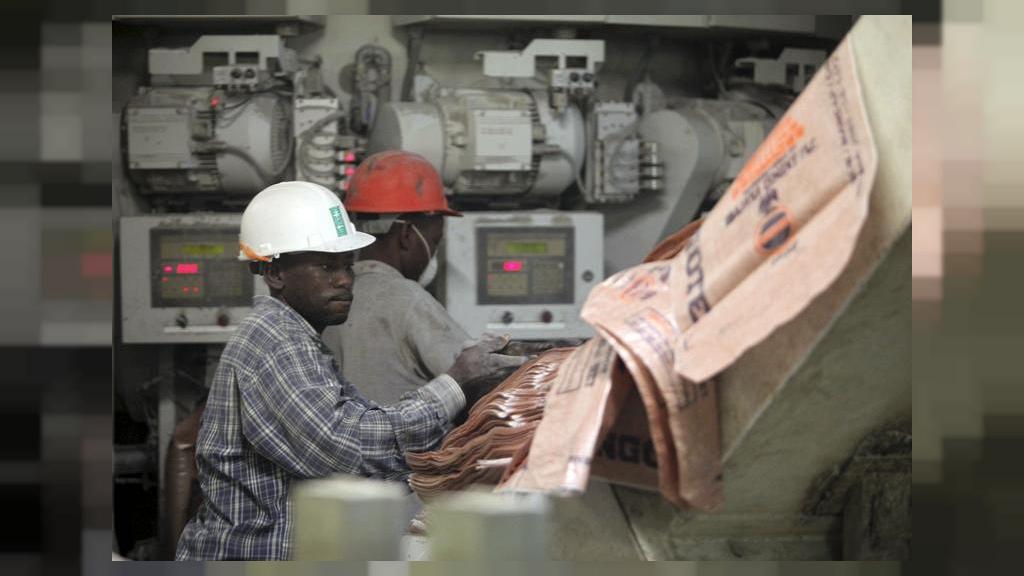Nigeria’s Manufactured Goods Imports Surge by 268.76% to N9.03 Trillion in Q4’23

In the fourth quarter of 2023 (Q4’23), Nigeria witnessed a remarkable surge in the value of imported manufactured goods, soaring by 268.76% Year-on-Year (YoY) to reach N9.03 trillion, compared to N2.45 trillion in the same period of 2022.
Thank you for reading this post, don’t forget to subscribe!
The latest data from the National Bureau of Statistics (NBS) in its report titled ‘Foreign Trade in Goods Statistics’ for Q4 2023, reveals a significant rise of 128.12% from the N3.96 trillion recorded in the preceding quarter, Q3’23.
Manufactured goods emerged as the dominant category, constituting 64% of the total imports valued at N14.11 trillion during the quarter.
However, despite the surge in imports, the value of manufactured goods exports experienced a 24.45% YoY decline, dropping to N234.96 billion in Q4, 2023 from N311.01 billion in Q4’22.
Among the manufactured goods imported during the period, tanks and other armored fighting vehicles, primarily from Singapore, accounted for a substantial portion valued at N5.061 trillion. Used vehicles, equipped with diesel or semidiesel engines, were also significant imports from the United States and Italy, totaling N94.27 billion and N6.69 billion, respectively.
Additionally, imports included parts of gas turbines ‘not specified’ from The United States and Germany at N1.14 billion and N1.12 billion, respectively, while machines for reception, conversion, and transmission of voice, images, or data valued at N6.46 billion were sourced from China.
The increase in the value of manufactured goods imports can be attributed partly to a shift towards importing goods previously manufactured within Nigeria. This shift is driven by the closure of ground operations by some multinational companies due to foreign exchange volatility, naira devaluation, energy crises, and other factors.




